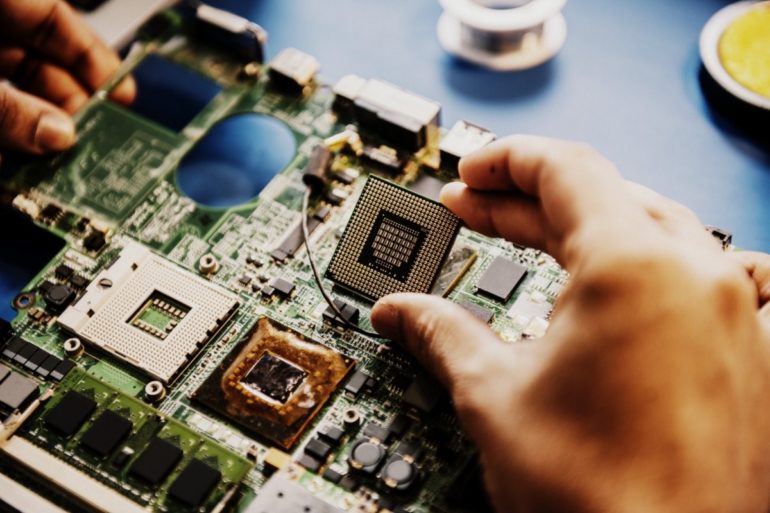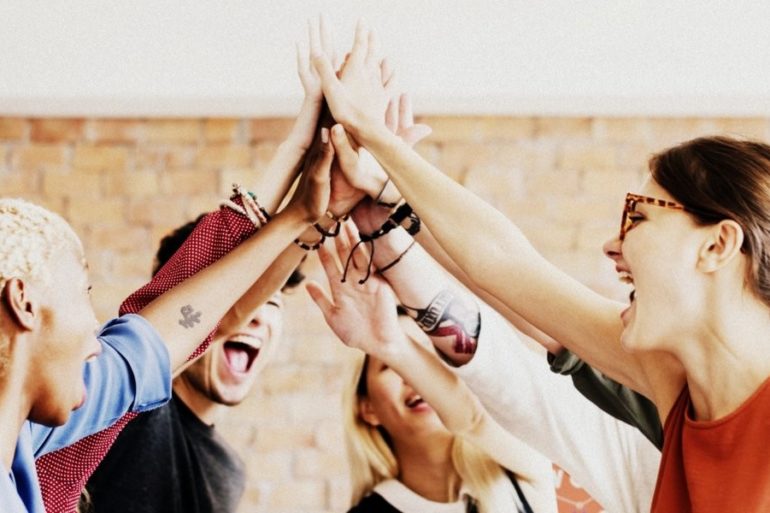When dreaming is believing: Dreams affect people's judgment, behavior
If it feels like one part of your brain is battling another, it probably is, according to a study published in Science.
But when a task is presented as fun, researchers report in a new study, the same individuals often do worse than those who are less motivated to achieve.
While some psychologists still argue that people perform better when they do something because they want to, research suggests we shouldn't even make that distinction.
Iconoclasts are individuals who do things that others say can't be done.
Research led by a leading expert on the positive benefits of napping suggests that Rapid Eye Movement (REM) sleep enhances creative problem-solving.
Whether you are a habitual list maker, or you prefer to keep your tasks in your head, everyone pursues their goals in this ever-changing, chaotic environment.
Lying about performance on one task may increase creativity on a subsequent task by making people feel less bound by conventional rules, according to research.
Freedom and personal autonomy are more important to people's well-being than money, according to a meta-analysis of data from 63 countries.
Studies reveal that in the dog-eat-dog, look-out-for-Number 1, highly-competitive business world, only the aggressive, risk-taking alpha male can expect to succeed as an entrepreneur.
With Mother's Day, Father's Day and high school and college graduations upcoming, there will be plenty of gift-giving and well wishes. When those start pouring in, let yourself be grateful -- it's the best way to achieve happiness.
Little research exists in the area of self-talk, although internal dialogue often influences the way people motivate and shape their own behavior.
In contrast to "every man for himself" interpretations of Charles Darwin's theory of evolution by natural selection, social scientists are building the case that humans are successful as a species precisely because of our nurturing, altruistic and compassionate traits.
Individuals who live in wealthy neighborhoods are more likely to have materialistic values and poor spending habits, the study says, particularly if they are young, living in urban areas and relatively poor compared with their surroundings.
What truly inspires individuals to perform at their very best?
You win some, you lose some. Such are life's ups and downs.
Happy individuals are predisposed to seek out and undertake new goals in life and this reinforces positive emotions, say researchers who examined the connections between desirable characteristics, life successes and well-being of over 275,000 people.
Want to quickly improve your happiness and satisfaction with life? Then the pen may be a mighty weapon.
Looking for a good book? Stay away from the award-winning section of the bookstore or library.
“Always remember, your focus determines your reality.”
The prolific life has been characterized by abundant inventiveness and limitless creativity, and has been enshrouded in a veil of mystery - the sources of artistic inventiveness are too often viewed as out-of-reach for the average person.
It's often said that women can have it all - motherhood and a career. But a study suggests that women who rule the household have less energy for or interest in being a rising star in the workplace.
A researcher has found that the specific colors used in a company’s logo have a significant impact on how that logo, and the brand as a whole, is viewed by consumers.
Most self-help books on the subject offer tips on how to maximize one’s bliss, but one study suggests that moderate happiness may be preferable to full-fledged elation.
Styles change and fashions evolve. But why do some things become more popular than others?
Whether it's sports, poker or the high-stakes world of business, there are those who always find a way to win when there's money on the table.
So many acts in our daily lives -- refusing that second slice of cake, walking past the store with the latest gadgets, working on your tax forms when you'd rather watch TV -- seem to boil down to one essential ingredient: self-control.
A study has found that you are more likely to perform well if you do not think too hard, and instead trust your instincts.
Trying to resist that late-night tweet or checking your work email again?
"Decision making isn't always easy, and sometimes we make errors on seemingly trivial tasks, especially if multiple sources of information compete for our attention," said author Tobias Teichert, PhD.




























